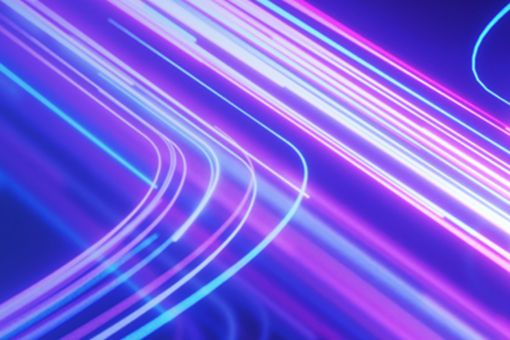Legal Digest
Legal Digest
Over the course of several months we`ve carefully monitored legislation amendments and new initiatives to select the ones which could well have the most significant impact on business and the economy. To name a few, Draft Laws No. 4167 On Prevention, Reduction and Control of Industrial Pollution; No. 3637 On Virtual Assets and the amendments to the Bankruptcy Code of Ukraine that have recently come into force. The UJBL editorial team asked our experts to share their points of view on the above-mentioned and other important issues.
Draft Law No. 4098 On Amending the Ukrainian Tax Code On Balancing Excise Tax Rates was registered in Parliament, as well as four alternative versions to it. What are the differences between the registered drafts, and how can they influence the market?
This fall Ukrainian parliamentarians submitted Draft Law No. 4098 On Amending the Ukrainian Tax Code on Balancing the Excise Tax Rates.
The aim of Draft No. 4098 is to make excise tax rates on petrol and liquid gas equal. Parliamentarians propose to reduce petrol excise tax rates (from EUR 213.50 to EUR 139.50) and increase liquid gas excise tax rates (from EUR 52 to EUR 139.50). The authors of the Draft expect that such an equation should lead to an increase in demand for petrol and a reduction in consumption of liquid gas (that, ultimately, reduces the necessity to import liquid gas).
At the same time, four competing draft laws were submitted to the Ukrainian Parliament. The main purpose of these laws, similarly to Draft Law No. 4098, is to reduce the necessity to import liquid gas.
The main difference of mentioned competing draft laws lies in the mechanisms by which parliamentarians propose to reach this goal. One of the competing draft laws provides to merely decrease petrol excise tax rates (from EUR 213.50 to EUR 139.50) but leave liquid gas rates at the same level (EUR 52).
The authors of the second competing draft law propose to provide the 25% ratio (liquid gas excise tax rates to petrol excise tax rates) by arguing that such an approach corresponds to EU directives.
The third competing draft law does not propose to make excise tax rates equal, but instead suggests changing the rates as follows: cut petrol excise tax rates from EUR 213.50 to EUR 169.50 and raise liquid gas rates from EUR 52 to EUR 124.50.
The last, fourth, competing draft law provides the 25% ratio (liquid gas excise tax rates to petrol excise tax rates) and proposes to gradually increase excise tax rates from 2024 till 2031.
Overall, Draft Law No. 4098 and the mentioned competing draft laws should have a positive impact on the Ukrainian oil market and its producers.
© 2024 KPMG. KPMG refers Limited Liability Company “KPMG Ukraine” and/or Private Joint-Stock company "KPMG Audit" and/or ATTORNEYS ASSOCIATION ''KPMG LAW UKRAINE'', companies incorporated under the Laws of Ukraine, member firms of the KPMG global organization of independent member firms affiliated with KPMG International Limited, a private English company limited by guarantee. All rights reserved.
For more detail about the structure of the KPMG global organization please visit https://kpmg.com/governance.

